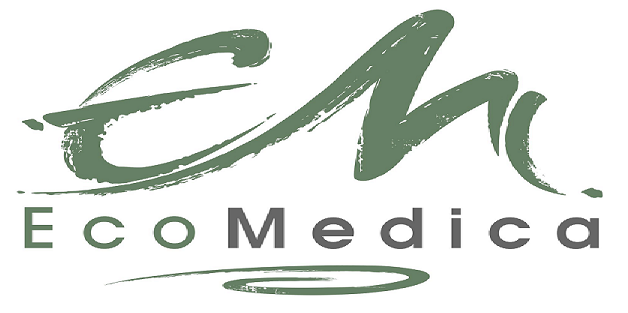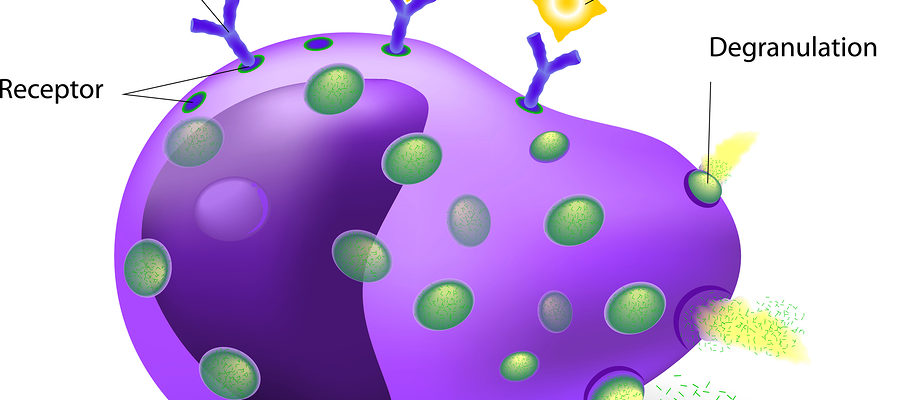Mast Cell Activation Syndrome (MCAS)
Mast cells are specialized immune system cells found in nearly all tissue types of the body. They are part of the allergic immune response and release chemical messengers such as histamine, interleukins, prostaglandins, cytokines, and chemokines. These chemical messengers and histamine, in particular, produce both local and systemic inflammation and swelling, increased mucous production, and secretion (runny nose, itchy eyes, congestion), and can also cause heart palpitations. Additionally, mast cells may play a role in autoimmune disease and POTS (postural orthostatic tachycardia syndrome), as well as CFS, fibromyalgia, interstitial cystitis, migraine headaches, multiple chemical sensitivities, and a host of other diseases that are also associated with Lyme disease. Frequently we see chronic inflammatory immune response syndrome in Lyme disease patients where mast cell activation syndrome may also be present.
The diagnosis of MCAS is often difficult but can include the presence of swelling, nausea, flushing, diarrhea, nasal congestion, heart palpitations, low blood pressure, wheezing, vomiting, brain fog, headaches, and fatigue.

The tests used to document MCAS can include:
- Serum MSH
- Plasma histamine
- Serum chromogranin A
- Plasma PGD2
- PGF2a
- N-methyl histamine urine test
- MMP9
- VIP
- HTGF B-1
- Total IgE
- IgG subclasses
- Food Allergy Panel
- Environmental Allergy Panel
If these tests are found to be abnormal, patients may want to remove high histamine containing foods from their diet including:
- Alcohol
- Black tea
- Citrus fruits
- Yeast products
- Tomatoes
- Mature cheeses
- Smoked meats
- Shellfish
- Soybeans
- Peanuts
- Walnuts
- Cashews
- Chocolate
- Fermented Foods
- Cheese
- Wine
Natural antihistamine supplements can include:
- Alpha lipoic acid
- P5P (activated B-6)
- Omega 3 fish oil
- NAC
- Quercitin
- Vitamin C
- DAO Histaminase
- Nettles
Treatment may also require mast cell stabilizers such as cromolyn sodium and ketotifen.

